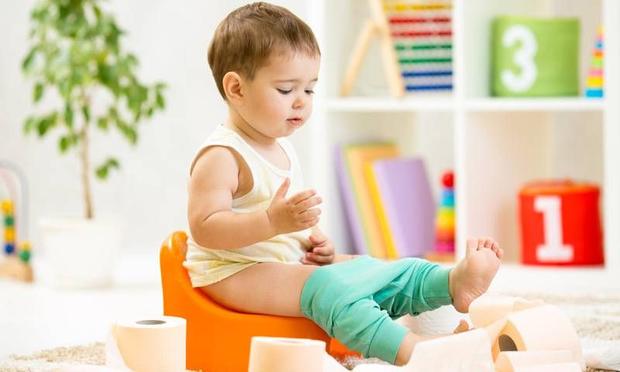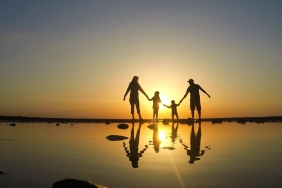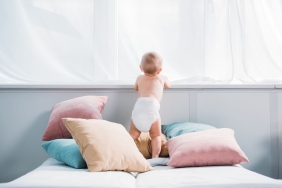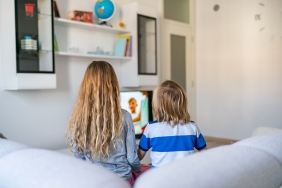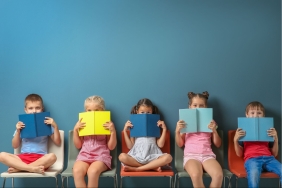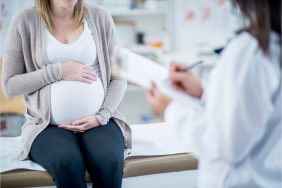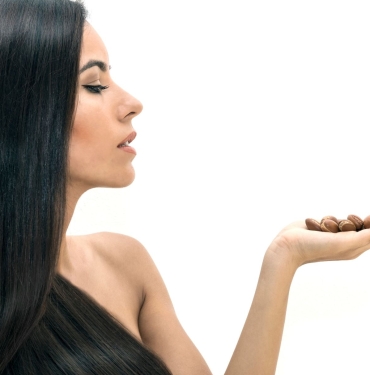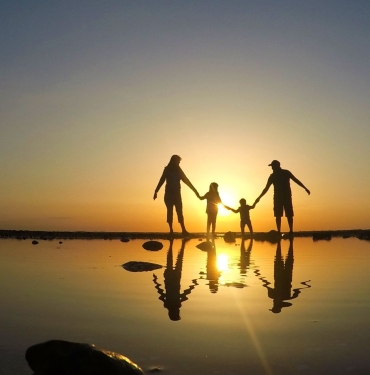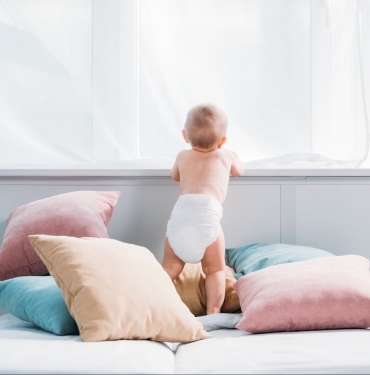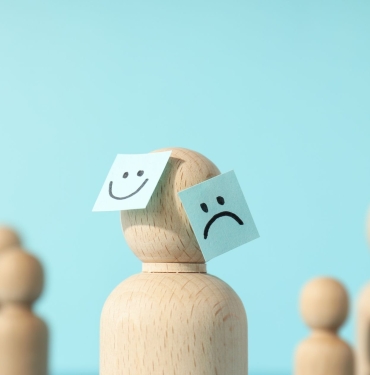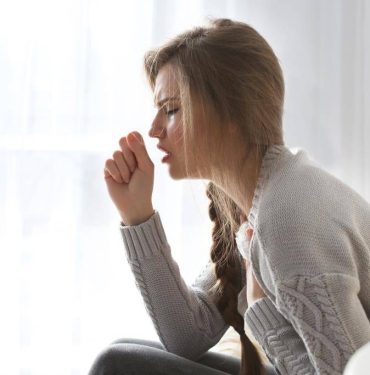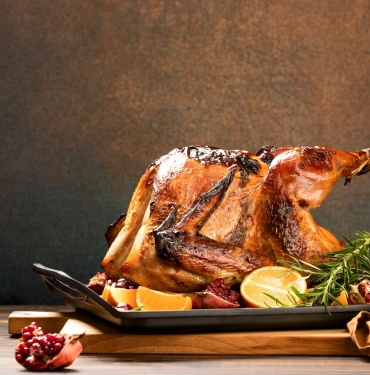In our daily lives we; Special care is required for babies and children suffering from diarrhea, which can make even adults weak. Diarrhea, which means a sudden increase in the number and amount of defecation, causes water loss in the body, so the care and treatment of children and babies is of great importance.
The biggest danger of diarrhea is drying of the body due to excessive fluid loss. The main purpose of diarrhea treatment is to prevent dehydration by preventing this fluid loss.
As we all know, the first rule in the treatment of diarrhea is to give water and liquid foods. If diarrhea is accompanied by nausea and vomiting, even more caution should be taken. Foods should be given little by little and often! If you have a baby and are breastfeeding, you can continue breastfeeding. However, for bottle-fed babies, you should choose diarrhea formula until the diarrhea stops.
There are many things you need to pay attention to during diarrhea but don't know. What you need to pay attention to is in Better Life!
Pay attention to cleanliness!
Paying attention to cleanliness is of great importance for health. Wash your hands with soap before preparing food or meals for your child. Boil the little baby's bottles and feeding sets.
Make up for dehydration!
Make sure he drinks plenty of fluids. Diarrhea powders are readily available to replace water and salt loss. If this cannot be achieved, the recipe you can apply at home is as follows:
Mix 5 cups of water, 2 tablespoons of sugar and 1 teaspoon of salt. If the child is less than two years old, drink one glass of this liquid for each episode of diarrhea or vomiting; if the child is older than two years old, drink one glass of this liquid for each episode of diarrhea or vomiting. It may be difficult to get children to drink this liquid all at once. Therefore, it would be more appropriate to drink one teaspoon per minute.
Eat these foods
You can give fruits such as peaches, apples and bananas. You can also give rice porridge, mashed potatoes, and yoghurt soups. Tea, quince, hazelnuts and lemon are also good for diarrhea.
Keep away from these!
Do not give acidic drinks such as cola, fanta, or sweet and fatty foods such as candy and chocolate. Do not give milk to an older child with diarrhea.
Emergency!
If your child's diarrhea lasts longer than 6 hours, has blood in his/her stool, or shows signs of dehydration, you should consult your doctor immediately! Antidiarrheal drugs are not used in children. The cause of diarrhea should be investigated and treatment should be applied according to that cause.
Signs of dehydration: Dryness of the mouth and lips, dark color and density of the urine, not urinating for six hours, sunken eyes, collapse of the fontanelle, excessive sleepiness and weakness.
Treatment of age-related frequent and watery diarrhea
In the treatment of diarrhea, fluid intake is increased and diet therapy is applied depending on the age of the child.
Formula-fed children under 1 year:
Their food can be changed to lactose-free, easy-to-digest food. You should consult your doctor about this.
Instead of water, you can use liquids known as balanced electrolyte solution and sold in pharmacies, with your doctor's recommendation. If your child has severe diarrhea and produces dark, small amounts of urine, he can drink at least 10 ml of these solutions per kilogram of weight. Never restrict fluid intake.
Children over 2 years old:
Children with frequent and watery diarrhea do not need to be fed with formula as they can eat table food. In this case, foods such as rice, bread, crackers, carrots, potatoes, bananas, applesauce, and toast will be suitable. Saltine crackers also help your child meet the amount of salt he needs.
If there is dehydration, you can give oral electrolyte and sugar solutions recommended by your doctor.
On the second day, you can give milk and water. Fruit juices can increase diarrhea! You can also give your child milk if he/she refuses solid foods.
Breastfed:
A baby who is breastfed in the first 3 weeks of his/her birth will have a defecation after each breastfeeding. Sometimes the stool may be green in color and watery in consistency. This should be considered normal until mucus, blood or a bad smell is detected in the stool. If the baby's stool frequency increases, there is a strong possibility that he has diarrhea. Your baby may be reluctant to breastfeed, look sick, and have a fever. If the baby has diarrhea, you should try to breastfeed more frequently. Add solid foods to formula-fed babies.
If your baby has severe diarrhea (watery and frequent), has decreased urination, and is very tired, he or she may need intravenous fluids. The baby's diaper may be irritated due to diarrhea. To prevent this, wash your diaper after each diarrheal stool and apply a protective cream. Do not skip this care at night.
Your baby will be sick and will get better... Didn't we grow up like this too? Don't get discouraged. Nothing will happen to him when you are around :)
Get well soon..

